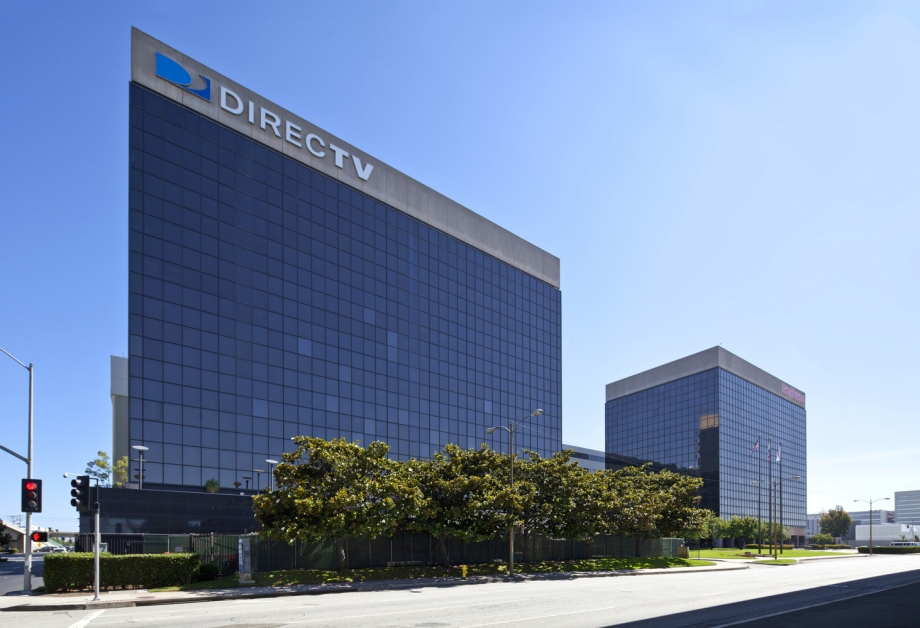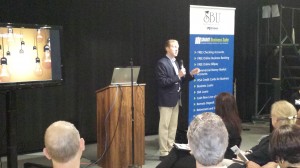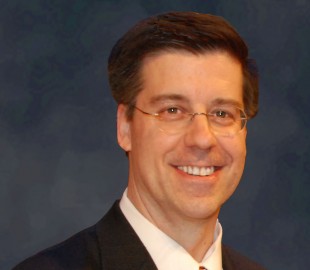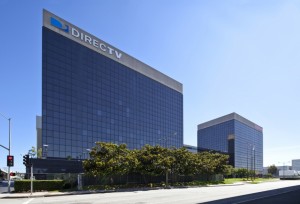
In Praise of DirecTV
The announcement this week of the proposed takeover of DirecTV by AT&T reminded me of one of the great ‘increasing the size of the pie’ business lessons I once learned… not in a classroom, but in a high-rise overlooking LAX.
When I worked at PBS, one of my main responsibilities was working with the direct broadcast satellite providers to ensure that public TV was made available to the American consumers via these new content distributors. So I had many meetings and exchanges with the folks at DirecTV and DISH Network (EchoStar) and got to know their programming staffs well. When these providers began implementing ‘spot beam’ technology that allowed for local-into-local (carriage of local TV stations instead of national feeds into various communities across the country), we at PBS wanted to ensure that local PBS stations were part of these feeds into the markets they served. During the first day of a marathon two-day meeting with DirecTV (which had its headquarters adjacent to the south runway at Los Angeles International Airport), we in public television made our case about the value PBS stations would mean to these new local-into-local offerings, and help drive new subscribers to DirecTV. We also asked for per-subscriber revenues, stating that PBS programming was valuable and should be paid for.DirecTV executives listened closely, asked questions then departed for the day.
We left the meeting, not knowing if DirecTV was going to accept our proposal… or simply not include PBS stations in their offering at all. The latter would be a big blow to stations, as local programming (and even more important, pledge drives) might not receive DirecTV carriage… a huge blow to PBS stations and their revenues.
The next morning, we gathered together again and I sat across the table from DirecTV’s Senior Vice President of Programming. Instead of pushing back on our carriage and revenue proposal, he said he actually wanted to DOUBLE the per-subscriber revenue DirecTV would offer PBS.
Why?
DirecTV understood that unlike cable channels or local commercial broadcasters, public television enjoyed terrific local community engagement. Through local events, Ready to Learn programs in schools and yes even pledge drives that connect residents with stations, PBS could be a valuable partner with DirecTV in encouraging viewers to subscribe to the satellite service with the inclusion of local PBS stations.
Needless to say, we were shocked and delighted. The negotiations quickly moved forward from there, and PBS stations became part of these local-into-local packages with vital carriage all across the country.
I often reflect on this bold move by DirecTV, and how their management looked beyond traditional win-lose negotiations to expand the size of the pie and generate millions in new revenues for themselves (and PBS, too). They did it two important ways:
 1. SPEED: Even though DirecTV was a very large, multi-billion-dollar organization, it only took them a few hours to develop a brilliant counter-proposal. How many times have we all seen opportunities present themselves in our companies (large or small), only to have them disappear before we can run them through decision-making bureaucracies.As Andrew Shop, Co-Founder of social media consultancy Social Driver told MCM’s Small Business University this week, try to build your organization with “3 F’s”: Flat (little hierarchy), Fast (responsive to opportunities) and Fun (make it an enjoyable place to work and contribute).
1. SPEED: Even though DirecTV was a very large, multi-billion-dollar organization, it only took them a few hours to develop a brilliant counter-proposal. How many times have we all seen opportunities present themselves in our companies (large or small), only to have them disappear before we can run them through decision-making bureaucracies.As Andrew Shop, Co-Founder of social media consultancy Social Driver told MCM’s Small Business University this week, try to build your organization with “3 F’s”: Flat (little hierarchy), Fast (responsive to opportunities) and Fun (make it an enjoyable place to work and contribute).
2. CREATE WIN-WINS: In negotiating with DirecTV, they clearly held the higher cards and could simply have said no to PBS station carriage. Yet they did the calculous and determined from a political & business standpoint that it made more sense to incentivize public TV to be a PARTNER in gaining subscribers. By actually sweetening the incentive pot instead of opting for a short-term negotiating win, DirecTV proved to be a organization focused on the long-game and create relationships that benefit both parties for years to come.
I don’t know what will become of the current staff at DirecTV, some of whom are still there after many years of loyal and effective service. But I will always remember the lessons I learned overlooking the tarmac at LAX, all those years ago.



Engage us on Facebook
Follow us on Twitter
Tweets by @mymcmedia